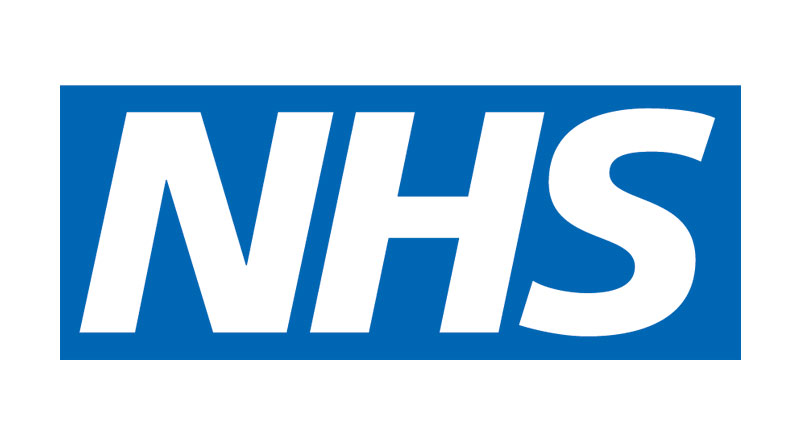NHS Seeks Views On Next Steps For Assessing Urgent Care
Patients, clinicians, and the public are being invited to give their views on a comprehensive set of indicators for urgent care.
The updated standards aim to capture what matters clinically and to patients, end hidden waits and reduce the risk of spreading COVID-19.
This is the next stage in a developmental process first initiated in 2018. The proposed bundle of measures takes account of changes in the way that urgent care is delivered such as the roll-out of Same Day Emergency Care and strengthening of NHS 111.
Hospitals will be expected to see and assess patients within 15 minutes, one of 10 indicators.
Local health systems could receive a rating that reflects the whole patient journey under the bundle, developed as a result of testing those first published in the interim Report of the clinically-led review of NHS access standards.
Integrated care systems would be scored on measures including 111 performance, ambulance response times and patient handovers, timely assessments and time spent in emergency departments (EDs).
Data on individual trusts’ performance would still be published each month.
Taken together the measures, developed with clinical leaders, will improve patient flow to prevent crowding and ensure A&Es function more efficiently and effectively than the current set of standards which date back 15 years.
The coronavirus pandemic has made it more important than ever that patients get the right care, in the right place, at the right time and can socially distance while they do so.
NHS National Medical Director, Professor Stephen Powis said: “After a decade and a half it is only right that we look at how we measure urgent and emergency care with fresh eyes.
“There have been many innovations in urgent treatment in that time and it is important that they are reflected in how we assess patient care from start to finish.
“The coronavirus pandemic has only made it more important that we update the way we measure urgent care to ensure NHS services deliver what matters most to patients and clinically.”
The review seeks to align with the ongoing transformation programme of urgent and emergency care by addressing the importance of patient flow into, through and out of emergency departments; good patient flow prevents ambulances queuing outside of hospital EDs, prevents overcrowding of departments and the associated risk of hospital- acquired infection and reduced quality of care for patients, and prevents delays in patients being discharged or admitted to a bed on the appropriate ward for ongoing care.
These indicators have been developed with a number of acute NHS trusts and through consultation with an extensive group of clinical and patient representative stakeholders.
People can have their say until Friday 12 February 2021
Professor Helen Stokes-Lampard, Chair of the Academy of Medical Royal Colleges said: “We strongly support these proposed changes. They are long overdue and when taken together will give us a much clearer view of what’s going on in our hospitals. Hopefully this brings an end to metrics which actually tell us very little about the quality of care or how good a hospital is at managing patients through the entire care pathway.”
Imelda Redmond, National Director of Healthwatch England said: “Conversations with patients and the public repeatedly show that it’s not the total time people wait, but the quality of the care they receive that shapes their experience of A&E. The proposed new measures break down the patient journey in much more detail and can help to highlight pinch points where people’s needs and expectations can be better met. However, the key to improving people’s experiences will be in how these metrics are used to help the NHS do things differently, not just count differently. This will see greater emphasis on speedy initial assessments, fast care for the most sick and better communication with all patients to keep them fully informed. We therefore welcome this consultation which we hope will stimulate a constructive conversation between doctors and nurses, policy makers and the public.”
Rachel Power, Chief Executive of the Patients Association said: “We know that patients’ understanding and expectations of the care they will get in an emergency situation matters in shaping their experience, so we welcome this consultation on changes to how performance is assessed and managed in urgent and emergency care. We look forward to hearing patients’ views on the proposals, and working with NHS England and Improvement to help ensure these inform any future changes.”






